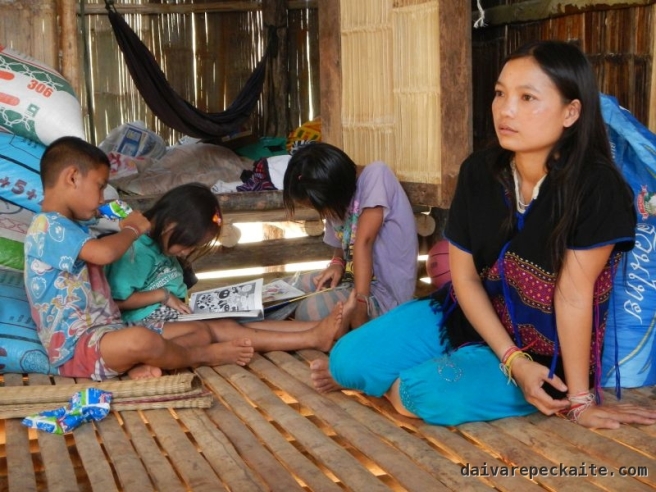With the aim to balance out very unequal distribution of articles about development cooperation between EU15 and EU13, Minority Rights Group took our group of ten to get first-hand experience reporting in Southeast Asia. What we learned, however, had to do more with our journalistic methods than with EU development aid and cooperation.
February marked the tenth year since I started working as a foreign desk journalist at a small but prominent Lithuanian newspaper (which no longer exists). During those years as a staff writer and later as a freelancer I entirely depended, like many colleagues from our region, on other organisations to fund any reporting missions abroad, or used personal travels for reporting. There was a time when Lithuanian media did not even have a permanent correspondent in Brussels. Already low budgets for reporting in Central and Eastern Europe have been further cropped since the economic crisis and austerity hit its media sector.
For this and other reasons the unique access to an enhanced-security village in Kaeng Krachan national park already provided fresh ideas for several stories. On the other hand, following many of the journalistic principles in a traditional community amidst tension (ethnic Karen living in the national park face increasing restrictions on their agricultural activity and foraging in the name of forest preservation) was challenging. For instance, it is always better to be alone with the source (and translator) in a safe space, but I had read in advance not to mess with the local hierarchies of Thailand’s mountain peoples, and did not dare to object when one of the village headmen invited himself to an interview with a local worker.
There was also a frequent dilemma between letting narration take its flow versus sniffing out facts and details. My colleagues, journalists from four countries, adopted very different strategies. Some focused on the visuals and left tracking the story line for later. Some tried to squeeze out facts – but it was clear that locals used dates and numbers in a relaxed way, and journalists’ insistence on precise dates and percentages puzzled them.
My interviewees also found it difficult to speculate or describe less realistic dreams about the future, although such statements would have been very useful for harvesting empathy from readers (“What future does this villager dream of for her children?”). For example, one resident who has not yet obtained Thai citizenship told me that with a Thai passport she could access education and various jobs. When asked to specify what education or jobs she would apply for if she received a passport tomorrow, she was not able to answer.
 Activist Mue Naw has already given several interviews to internationals
Activist Mue Naw has already given several interviews to internationals
We moved and met locals as a large group, all hungry for information. Participants did not want to miss out on anything, thus making the group barely manageable at times. At the same time, the group provided an opportunity for unique cross-fertilisation of skills and approaches. Some were better at asking direct, even provocative questions, others could contribute cultural sensitivity; visual and writing teams could follow up on each other’s work.
Whereas audiences in Central and Eastern Europe are curious about other cultures, details of human rights activism and minority issues are considered to be ‘burdening’ by many media in the region. Thus, the main entry point to get our stories from Thailand published appeared to be tourism, as increasing numbers of Central and Eastern Europeans decide to discover the Southeast Asian country alone, which can also bring them to commercial tours to Thailand’s mountain peoples.
Yet after learning about various tensions between nature preservation and minority rights, we can hardly be relaxed tourists again.




